Kinhtedothi - On the morning of February 5, at the 42nd Session, the National Assembly Standing Committee gave its opinion on the Draft Law on Organization of Local Government (amended). This draft Law is expected to be considered by the National Assembly at the 9th Extraordinary Session, taking place in February 2025.
In particular, the draft Law on Organization of Local Government (amended) stipulates the model of local government organization in the direction of: Expanding the application of the urban government model in districts of Ho Chi Minh City, Da Nang, Hai Phong to apply to all districts of centrally-run cities; expanding the application of the urban government model in wards of Hanoi, Ho Chi Minh City, Da Nang, Hai Phong to apply to all commune-level administrative units under districts, towns, provincial cities, and cities under centrally-run cities.
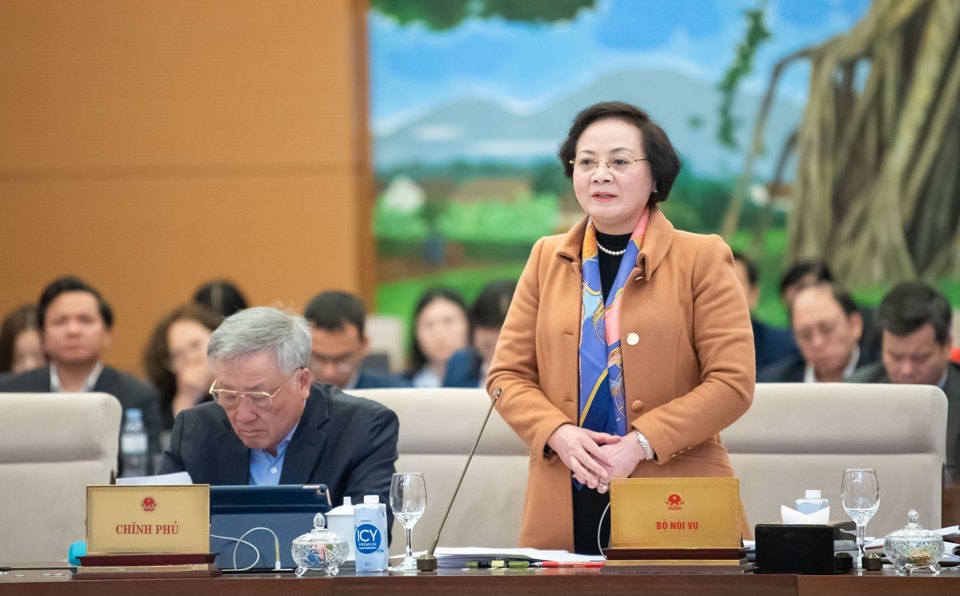
Accordingly, for urban administrative units, in centrally-run cities, towns, provincial cities, cities under centrally-run cities, and towns: The full organization of local government includes the People's Council and the People's Committee.
In urban districts, wards and communes (including towns, provincial cities and centrally run cities), there is no People's Council, but only a People's Committee as the local administrative body.
For rural administrative units in provinces, districts, and communes (except urban communes): The full organization of local government includes the People's Council and the People's Committee.
Regarding the organizational structure and operation of People's Councils and People's Committees at all levels, for People's Councils, the Draft Law stipulates the principles for determining the number of People's Council deputies based on population size, regional characteristics and socio-economic conditions of each locality; assigns the National Assembly Standing Committee to stipulate the number of People's Council deputies, the framework for the number of full-time People's Council deputies, the framework for the number of Committees of People's Councils at all levels; assigns the authority to People's Councils to decide on the establishment of Committees and decide on the number of full-time People's Council deputies to ensure compliance with local realities; amends and supplements regulations to resolve practical difficulties in the operation of People's Councils.
Regarding the People's Committee, the Draft Law provides general regulations on the organizational structure of the People's Committee and assigns the Government to stipulate the framework of the number of specialized agencies under the People's Committee at the provincial and district levels, the number of Vice Chairmen, the number and structure of the People's Committee; stipulate the operating mechanism of the People's Committee where the local government level is organized (with People's Council) and where the local government level is not organized (without People's Council); amend and supplement regulations to resolve practical difficulties in the operation of the People's Committee.
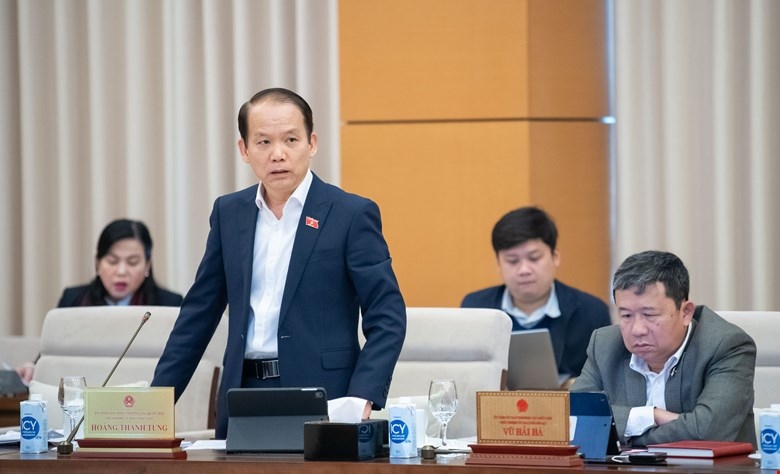
Preliminary examination of this content, the Standing Committee of the National Assembly's Law Committee basically agreed with the Government's proposal on adjusting the organization of the local government model and local government levels in each type of administrative unit in accordance with urban, rural, mountainous and island areas.
Regarding the expansion of the scope of not organizing People's Councils in communes of towns, provincial cities, and centrally-run cities, the Chairman of the National Assembly's Law Committee said that the majority of opinions in the Standing Committee of the Law Committee believe that the provisions in the Draft Law are appropriate; some opinions suggest that this expansion needs to be explained more thoroughly and convincingly because this is an issue that has a great impact and influence on the implementation of democratic institutions at the local level.
In addition, there are opinions that the local government organization model as proposed in the Draft Law is not consistent with the government organization model in Hanoi City as prescribed by the Law on the Capital. Therefore, it is recommended that the Government clearly express its view on whether to implement according to the Law on the Capital or to implement uniformly like other cities as prescribed by the Law on Organization of Local Government.
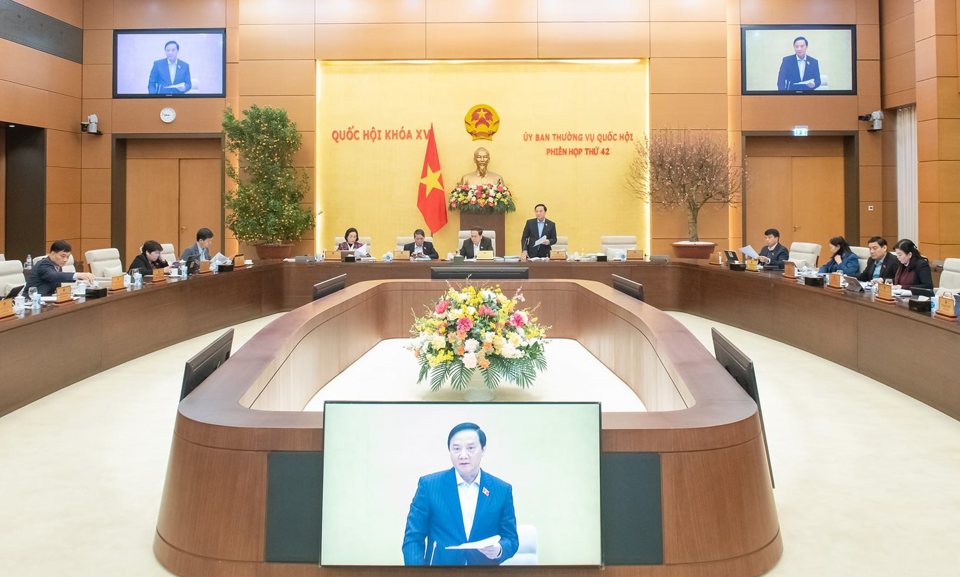
Concluding this content, Vice Chairman of the National Assembly Nguyen Khac Dinh said that the National Assembly Standing Committee agreed on the scope of comprehensive amendments, the necessity and basic content, the idea of amending the Law as well as 3/5 major issues.
Regarding the proposal not to organize People's Councils in urban communes; the organization and operation of People's Committees, the National Assembly Standing Committee requested a clear analysis of the options to clearly see the advantages and disadvantages on the basis of ensuring the unity of state power and the mastery of the people at the grassroots level. At the same time, the opinions of localities, including Hanoi, were synthesized so that the two Standing Committees of the National Assembly Party Committee and the Government could discuss, conclude and report to the competent authorities for comments.
Source: https://kinhtedothi.vn/de-xuat-khong-to-chuc-hdnd-quan-phuong-xa-do-thi.html



![[Photo] National conference to disseminate and implement Resolution No. 66-NQ/TW and Resolution No. 68-NQ/TW of the Politburo](https://vphoto.vietnam.vn/thumb/1200x675/vietnam/resource/IMAGE/2025/5/18/adf666b9303a4213998b395b05234b6a)



![[Photo] General Secretary To Lam visits exhibition of achievements in private economic development](https://vphoto.vietnam.vn/thumb/1200x675/vietnam/resource/IMAGE/2025/5/18/1809dc545f214a86911fe2d2d0fde2e8)
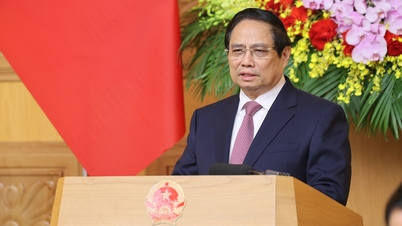



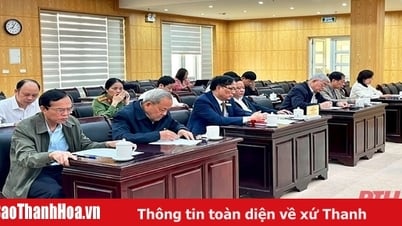




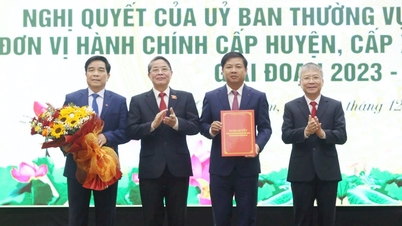
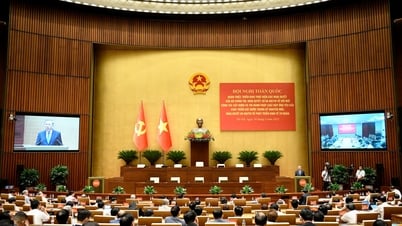



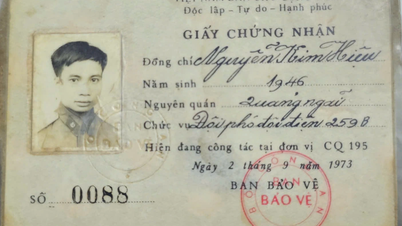


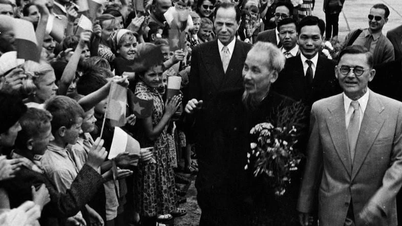

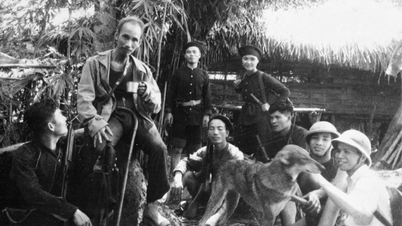




















































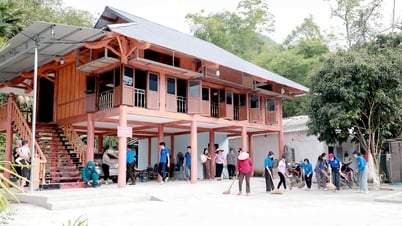



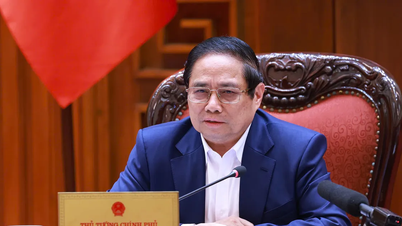













Comment (0)